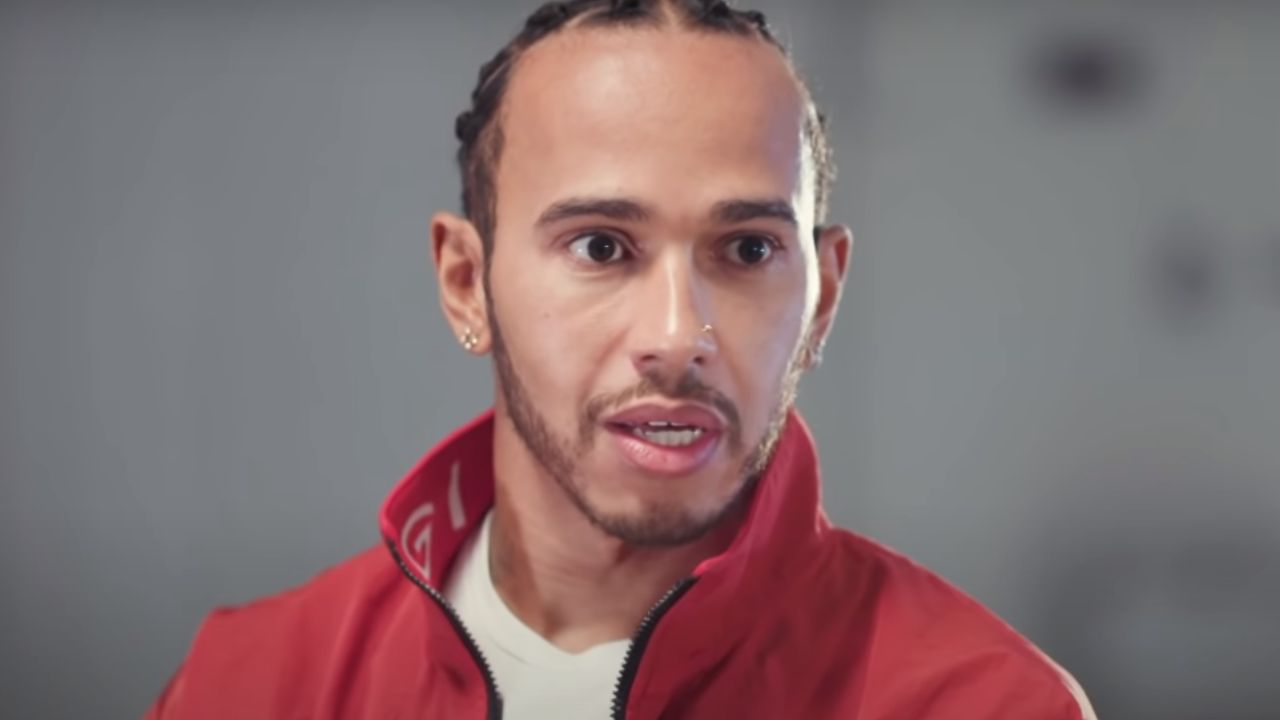In a groundbreaking and historic move that promises to redefine the very foundations of entry-level racing in Formula 1, the FIA (Fédération Internationale de l’Automobile) is gearing up for an ambitious paradigm shift. This shift comes as a direct response to the heartfelt and impassioned plea made by the legendary seven-time world champion, Lewis Hamilton, four years ago. Hamilton, a name etched not just in the annals of racing history for his on-track triumphs but also celebrated for his fervent advocacy for diversity and accessibility in motorsports, laid bare the formidable financial hurdles faced by aspiring racers, setting in motion a powerful call for transformative change.
Hamilton’s Early Struggles: A Driving Force for Change
Hamilton’s journey to the pinnacle of F1 was a narrative of resilience and determination, far from the conventional tales of success. Before etching his name into the racing record books, he confronted financial constraints head-on. His father took on the formidable task of working two jobs to sustain Hamilton’s fledgling karting career. These early struggles served as the crucible that not only shaped Hamilton’s character but also ignited a profound sense of purpose — to dismantle the financial barriers that impede aspiring talents.

Hamilton’s Plea in 2019: Illuminating the Financial Struggles
The exorbitant costs associated with karting and feeder series racing were thrust into the spotlight by Hamilton in 2019. His impassioned plea highlighted the soaring expenses of junior categories such as GP3, GP2, Formula 3, and Formula 2, a sentiment that reverberated with aspiring racers globally. Fast forward four years, and this resonant call for change has found a receptive echo within the hallowed halls of the FIA, with the organization’s President, Mohammed Ben Sulayem, openly acknowledging the urgency of addressing this deeply rooted issue.
Sulayem’s Acknowledgment and Call for Change
Sulayem’s candid recognition of the current structure, where a season for a ten-year-old could demand a staggering 250,000 to 300,000, speaks to the stark reality that this financial barrier effectively excludes numerous talented individuals from pursuing their racing dreams. “What is the solution to this problem? Affordable cars! Affordable entry-level cars. Who pays 250,000 to 300,000 for a ten-year-old for a season? Nobody can afford it; it’s for the affluent. So what is my job? I have to find a solution. We can always talk about the problems, but unless we find a solution, we are not doing our job properly,” declared Sulayem, signaling a decisive shift from the status quo and recognizing the imperative need for transformative change.
View this post on Instagram
Anticipation for Change: A More Inclusive Formula 1 on the Horizon
The enduring influence and unwavering advocacy of Lewis Hamilton for a more inclusive and financially accessible motorsport ecosystem have begun to reverberate within the hallowed halls of the FIA. The racing organization now appears poised to take swift and decisive measures to overhaul the existing structure, ensuring that entry-level racing becomes not just a dream but a tangible reality for a broader spectrum of aspiring talents.
In the wake of this seismic announcement, stakeholders, fans, and aspiring racers alike are left in eager anticipation of the specific details of the FIA’s plan. Will this herald a new era of democratized access to the world of Formula 1, allowing raw talent to shine irrespective of financial backgrounds? The motorsport community is buzzing with curiosity and excitement as the prospect of a more inclusive and accessible Formula 1 beckons on the horizon.






